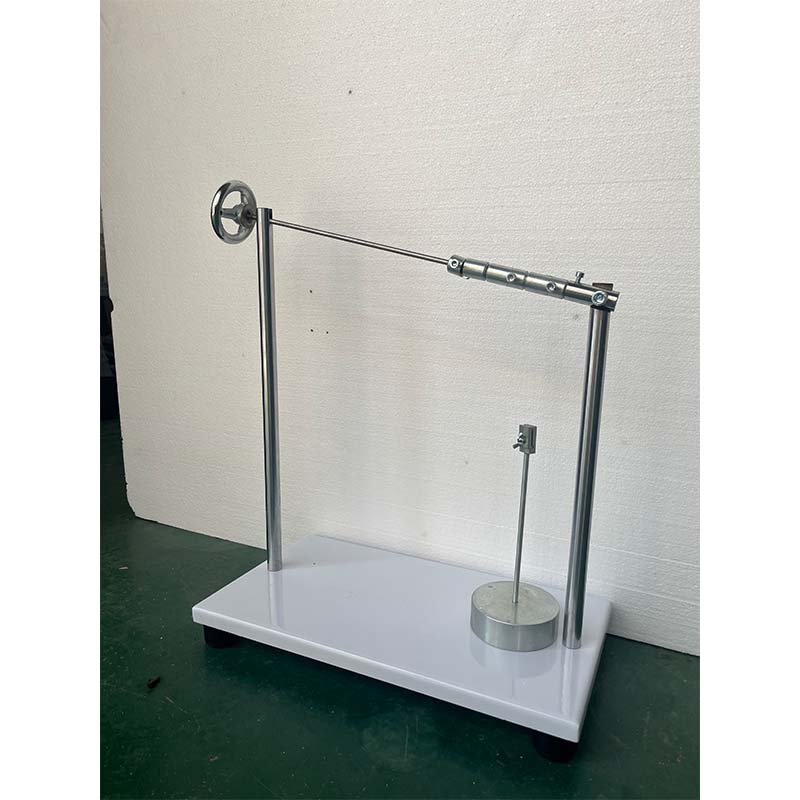Conductor Resistivity Measurement Device for Accurate Electrical Property Assessment
Understanding the Conductor Resistivity Tester
A conductor resistivity tester is an essential instrument used to measure the electrical resistivity of conductive materials. This measurement is crucial for various applications, including electrical engineering, quality control, and material science. Understanding how this device works and its significance can enhance our approach to electrical conductivity tests.
At its core, resistivity is defined as a material's ability to resist electric current. It is typically expressed in ohm-meters (Ω·m). Different materials exhibit varying levels of resistivity, which can be influenced by factors such as temperature, material composition, and environmental conditions. A conductor resistivity tester provides precise measurements that can help engineers and technicians assess the quality of conductive materials and ensure they meet specific standards.
The testing process usually involves placing the sample material between two electrodes. The tester then applies a known voltage across these electrodes and measures the resulting current. Ohm's Law (V = IR) is applied here, where V is voltage, I is current, and R is resistance. By calculating the resistance, the device can determine the resistivity of the material using the formula ρ = R(A/L), where ρ is resistivity, R is resistance, A is the cross-sectional area of the material, and L is the length of the material tested.
conductor resistivity tester

One of the key benefits of using a conductor resistivity tester is its ability to identify quality issues in materials, such as impurities or defects. For example, high resistivity might indicate oxidation or other interferences in a metal conductor, which could lead to inefficient electrical performance or increased heat generation. Regular testing can help manufacturers maintain quality control and ensure their products conform to industry standards.
Additionally, these testers are invaluable in research and development settings, where new conductive materials are being evaluated for emerging technologies. As the demand for efficient electrical materials continues to grow—driven by the rise of renewable energy solutions and advanced electronics—the role of conductor resistivity testers becomes increasingly vital.
In summary, conductor resistivity testers play a crucial role in evaluating the electrical properties of materials. Their ability to provide accurate measurements supports quality control, helps identify material defects, and advances research in the field of conductivity. As technology continues to evolve, these instruments will undoubtedly remain integral to ensuring the efficiency and safety of electrical systems.
-
The Role of Tensile Force Testers in Quality Control and Material Science
NewsAug.01,2025
-
Maintenance and Safety Tips for Aging Ovens
NewsAug.01,2025
-
Density Balance in Forensic Science
NewsAug.01,2025
-
Advanced Optical Measurement Technologies
NewsAug.01,2025
-
A Buyer’s Guide to Tensile Test Machines
NewsAug.01,2025
-
Why the Conductor Resistance Constant Temperature Measurement Machine Redefines Precision
NewsJun.20,2025
 Copyright © 2025 Hebei Fangyuan Instrument & Equipment Co.,Ltd. All Rights Reserved. Sitemap | Privacy Policy
Copyright © 2025 Hebei Fangyuan Instrument & Equipment Co.,Ltd. All Rights Reserved. Sitemap | Privacy Policy
